Big Cartel vs Shopify
Can’t decide between Big Cartel vs. Shopify? If you’re just starting a store or business, you need to read our guide. We go into the details.
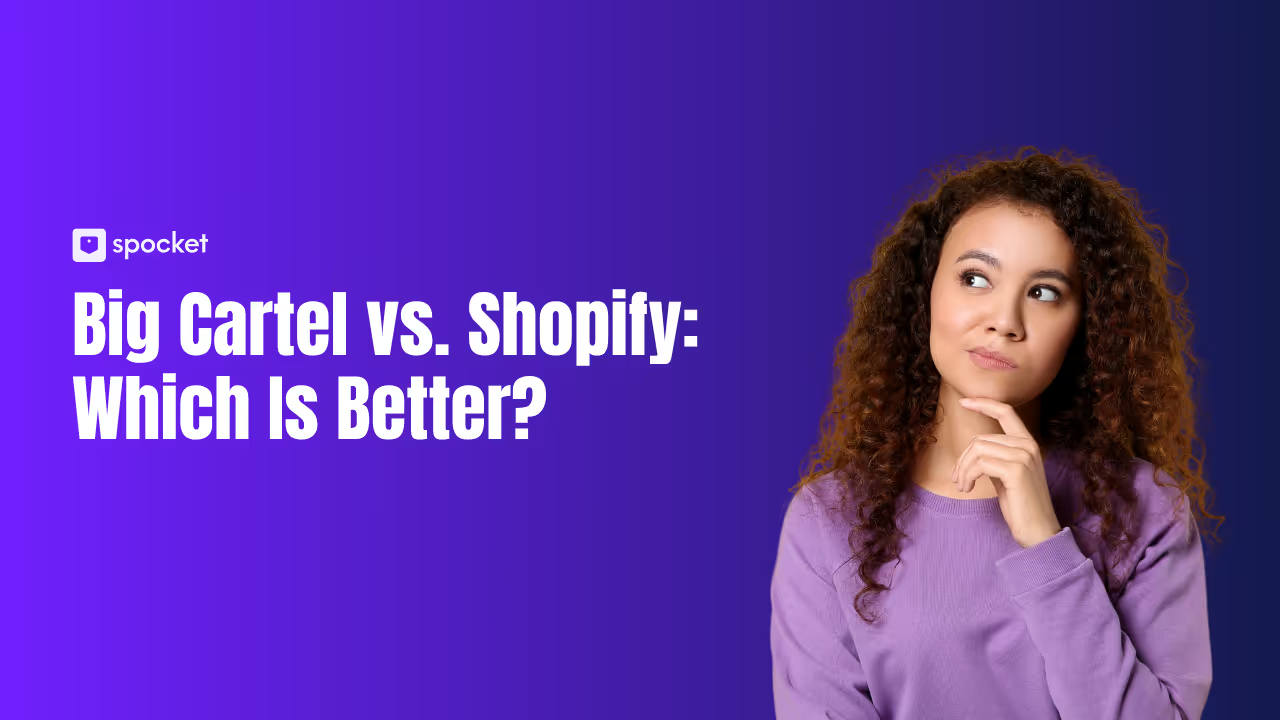

Big Cartel vs Shopify—two names you’ll hear everywhere, whether you’re a creative selling art, a parent starting a side hustle, or an entrepreneur building a global brand. You want an online store that works for you, not against you. But is it better to keep things simple and free, or do you need the tools to scale up and reach more buyers?
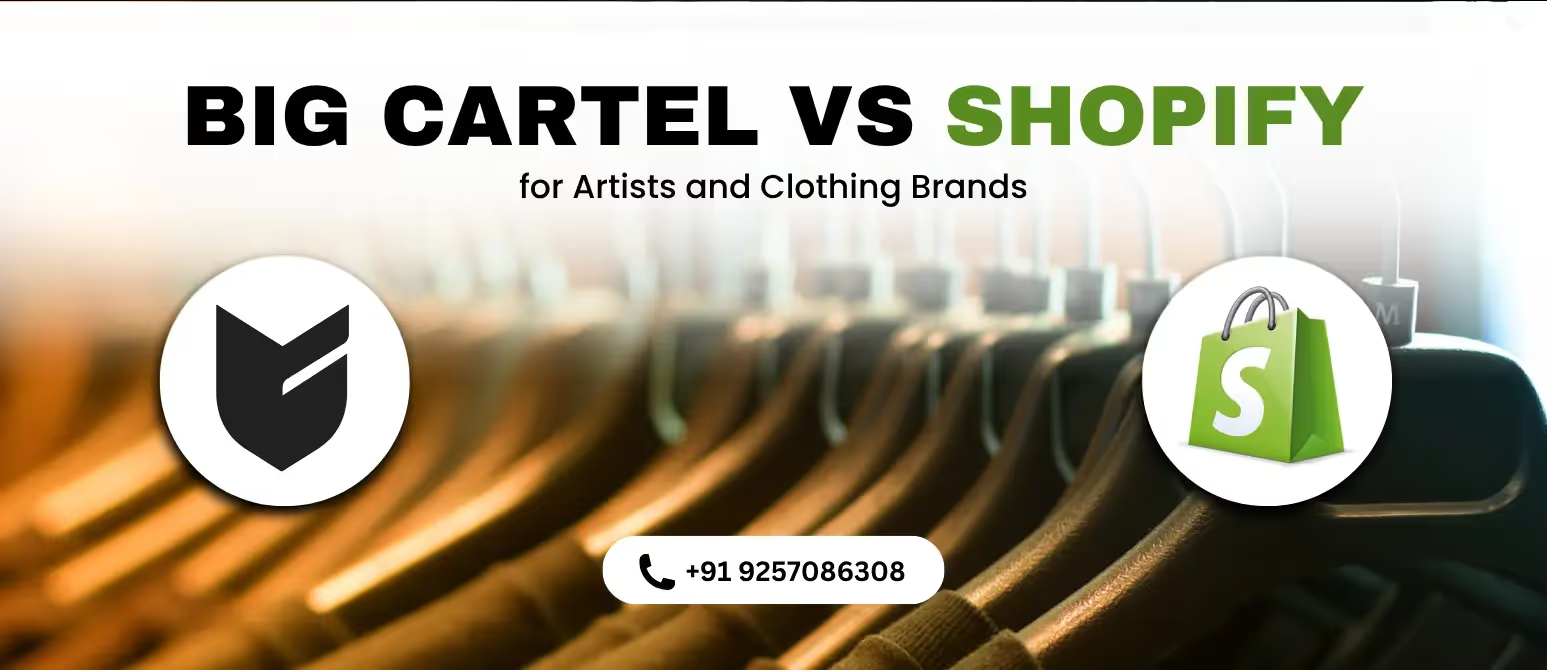
Here’s the thing: both Big Cartel and Shopify can help you launch, but what you get, how you grow, and how much you’ll spend can look very different. Ready to find out which platform truly fits your next move? Let’s check them out below.
What is Shopify?
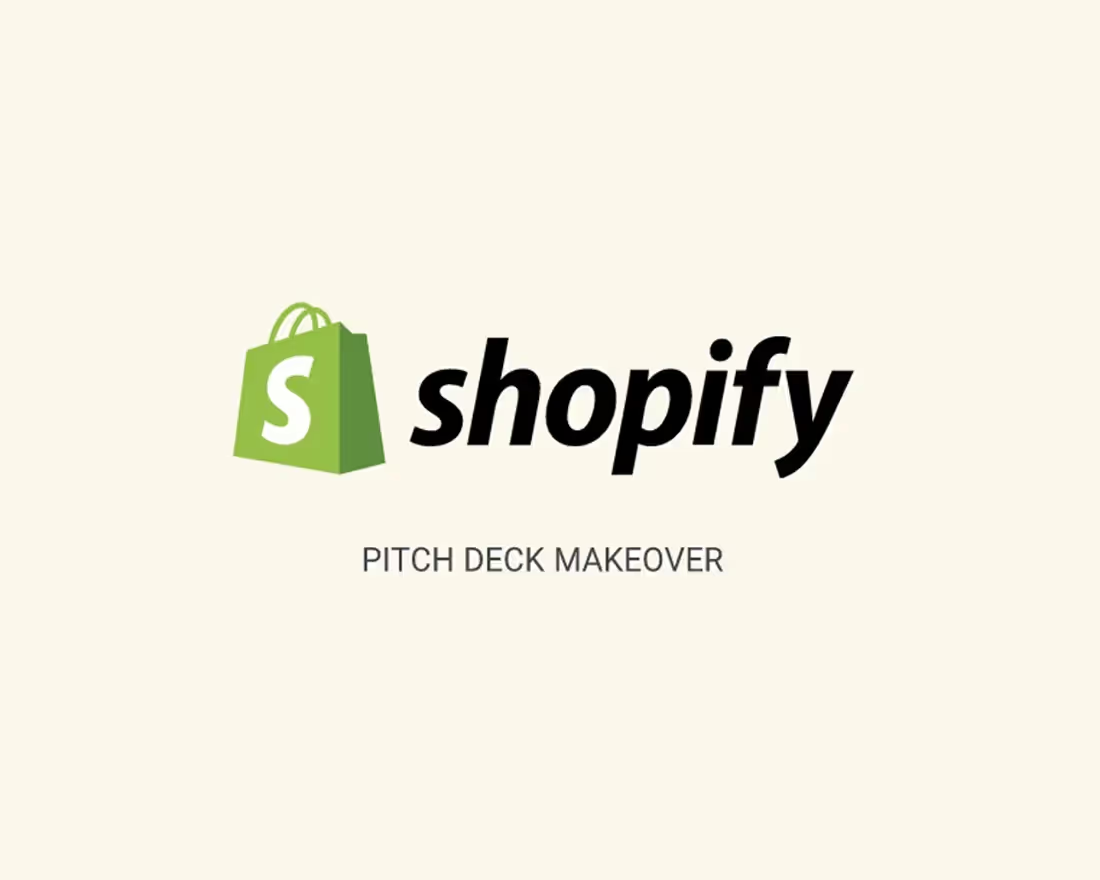
Shopify is one of the world’s most popular online store builders, powering millions of shops for brands big and small. Whether you want to sell handmade jewelry from home, open a global clothing store, or launch a dropshipping side hustle, Shopify makes it possible without needing to learn code. It’s a subscription service where you can pick your store design, add products, and start selling almost instantly.
The real draw with Shopify is how flexible it is. You get a user-friendly dashboard, tons of free and paid themes, strong security, and hundreds of tools and apps. Business owners of all levels—from complete beginners to seasoned pros—use Shopify for its all-in-one approach. You can run sales, manage inventory, and process payments using Shopify’s built-in features, or add more options through its huge app marketplace.
Key Features of Shopify
You get more than just a storefront with Shopify. This platform gives you the flexibility to sell to anyone, anywhere, using tools that simplify the complicated parts of running an online business. Here are the main features that keep Shopify at the top for brands and entrepreneurs worldwide:
- Store Customization: Choose from 100+ professionally designed templates. You can adjust colors, fonts, layouts, and add sections—no developer needed. Shopify’s theme editor is made for beginners but offers options advanced users want, too.
- Payment Options: Shopify connects with over 100 payment gateways, from PayPal to Apple Pay to regional providers. You can even accept “Buy Now, Pay Later” options, making it easy for your customers to pay how they want.
- App Store & Integrations: With over 8,000 apps, you can add features like subscription billing, shipping automation, loyalty programs, or even custom product builders. The Shopify app ecosystem scales as your needs grow.
- SEO and Marketing Tools: Built-in SEO settings help your store get found on Google. You can run email campaigns, manage social media, or use automated tools like abandoned cart recovery—all in one place.
- Multi-channel Selling: Sell directly on Facebook, Instagram, Amazon, and TikTok from your Shopify dashboard. Your inventory and orders are always synced, making it simple to expand to new markets.
- Analytics and Reporting: Shopify gives you real-time stats, traffic reports, and sales data. You can make better business decisions and spot trends faster.
- Scalability: Shopify works for hobby sellers just starting out, but also supports high-growth brands with unlimited products, bandwidth, and 24/7 support.
What is Big Cartel?

Big Cartel is designed for makers, artists, musicians, and anyone looking for a no-fuss way to sell online. It’s best known for its free plan and fast setup—perfect if you want to launch a shop without spending anything upfront. You can create a simple storefront, add your products, and start selling within minutes. There’s no technical setup, no complex menus, and no long learning curve.
The vibe with Big Cartel is all about keeping things manageable. You get a basic dashboard, essential inventory tools, and a handful of clean themes. Most features are included in every plan, so there are fewer upsells and complicated upgrades. If your main goal is to share your art, test a product idea, or build a micro-business on your own terms, Big Cartel could be a solid first step.
Key Features of Big Cartel
Big Cartel is built for sellers who want to keep things simple and focus on creativity. While you won’t find endless bells and whistles, the tools you do get are direct and easy to use. Here’s what stands out:
- Quick Setup: Signing up takes just minutes. You only need an email and a password to start building your store.
- Free Plan: You can list up to five products with no monthly fee, which is ideal if you’re starting out or selling limited editions.
- Product Management: Easily add items, organize them by category, and update stock. The bulk editor makes it less tedious to manage more products if you upgrade to a paid plan.
- Customizable Themes: Choose from a small but well-designed set of free themes. You can update colors, images, and layout basics, but advanced design changes are limited.
- Simple Payments: Big Cartel lets you accept payments via PayPal and Stripe. There are no platform transaction fees, but payment processors do charge their own rates.
- Discounts and Stats: Create discount codes, track sales, and get real-time stats from your dashboard.
- Third-Party Apps: While the app selection is smaller compared to Shopify, you’ll find integrations for things like print-on-demand services and digital product sales if you need more flexibility.
Big Cartel vs Shopify Pricing
When it comes to Big Cartel vs Shopify pricing, there’s a clear split in philosophy. Big Cartel keeps it simple, offering a genuinely free tier and just a couple of paid options. Shopify uses a tiered pricing system that scales as your business grows, with more features and resources unlocked as you move up.
Big Cartel Pricing
- Free Plan: List up to five products with basic features, zero monthly fee, and no platform transaction fees. You’ll still pay standard payment processing fees to Stripe or PayPal.
- Paid Plans:
- Platinum ($9.99/month): Sell up to 50 products, access inventory tracking, more theme options, and basic customizations.
- Diamond ($19.99/month): Sell up to 500 products, unlock more advanced features, and access better support.
- Titanium ($29.99/month): The top tier lets you list 500 products with all the included features—no paywalls for “premium” tools.
Most of the features are included in every paid plan, so upgrading is mainly about handling more products, not unlocking critical functions.
Shopify Pricing
- Basic Shopify ($29/month): This is the lowest tier for building a full-featured store. You get unlimited products, all the main sales features, 24/7 support, and a free SSL certificate.
- Shopify ($79/month) & Advanced Shopify ($299/month): These add advanced analytics, better shipping discounts, lower transaction fees, more staff accounts, and more powerful reports.
Shopify does charge a transaction fee (starting at 2% on the Basic plan) if you use payment gateways other than Shopify Payments. The fee drops as you move up to higher plans.
Big Cartel vs Shopify Fees Comparison
The main draw with Big Cartel is the lack of platform fees and the ability to sell for free. If you have a small catalog and want to keep your budget in check, it’s a true low-commitment solution. Shopify’s pricing is higher, but you’re getting more advanced marketing, analytics, and selling features—even on the Basic plan. Unlimited products, integrations, and world-class support add to the value, especially as your business grows.
Both platforms are transparent about costs. With Big Cartel, what you see is what you pay. Shopify, on the other hand, lets you scale without worrying about product or storage limits, though you will need to account for possible add-on costs from the best e-commerce platforms and apps.
If you’re comparing Big Cartel vs Shopify fees, remember to factor in what you need: selling just a few items with zero overhead, or building a store with room to expand?
Big Cartel vs Shopify for Marketing
Marketing is a dealbreaker for most online shops. How easy is it to promote your store, get noticed, and make sales? Big Cartel vs Shopify each offer some marketing tools, but they take different approaches.
Big Cartel’s Marketing
Big Cartel is intentionally simple, so you won’t find an endless menu of marketing tools here. You can create discount codes, offer sales, and track real-time stats to see which products get the most attention. Connecting your shop to Facebook and Instagram is possible, but you’ll handle those connections through manual setup or with help from third-party apps. Email marketing, loyalty programs, and popups require extra apps, and the selection is fairly limited. If you’re looking to build a massive audience or automate campaigns, Big Cartel may feel barebones.
Shopify’s Marketing
Shopify includes marketing features right out of the box. You can connect your store to Facebook, Instagram, TikTok, Google, and more, with built-in channels that sync your inventory and track results. Email marketing is included, letting you design branded newsletters or automation for abandoned carts and follow-up messages. Coupon codes, product bundles, and flash sales can all be managed inside the dashboard.
Shopify’s app store opens up even more marketing tools:
- Connect with dropshipping suppliers to offer new products fast.
- Run loyalty or referral programs with a click.
- Add advanced popups, banners, or push notifications.
- Retarget customers with Facebook and Google ads, managed right from your dashboard.
Selling on Social Media: Big Cartel or Shopify?
Both Big Cartel and Shopify let you sell through social media, but Shopify’s setup is more connected and automated. You can sync your catalog, update pricing, and see analytics across every channel. Big Cartel’s connections are more basic and sometimes require manual updating.
Big Cartel or Shopify for Marketing Reports and Sales
Shopify’s reporting goes deeper. You’ll see which campaigns drive sales, where visitors are coming from, and what your customers respond to. Big Cartel offers traffic stats, but they aren’t as detailed.
If you want the freedom to experiment with Shopify dropshipping, influencer campaigns, or multi-channel sales, Shopify’s built-in and third-party marketing options will support almost any goal. Big Cartel is a good fit if you want a simple store and plan to market mostly through your own channels.
Big Cartel vs Shopify for SEO
Search engine visibility isn’t just a “nice to have”—it’s how most customers will find your store. If you’re comparing Big Cartel vs Shopify for SEO, here’s what matters most.
Shopify’s SEO
Shopify gives you detailed control over every product, page, and blog post. You can edit meta titles, meta descriptions, URLs, and image alt text for each item in your store. The platform creates clean, mobile-friendly pages that Google loves. Plus, you get access to an SSL certificate, automatic sitemaps, and fast site speeds. Shopify’s app store is loaded with SEO tools, so you can add advanced features like schema markup or automatic image optimization with just a few clicks.
- Shopify lets you create 301 redirects right from your dashboard—handy if you ever change a product’s name or update your categories.
- Built-in analytics help you track your search rankings and see which keywords bring traffic.
- The Spocket’s Shopify integration can help you add and manage trending products quickly, making it easier to keep your catalog fresh.
Big Cartel’s SEO
Big Cartel covers the basics but skips most of the advanced tools. You can set a custom page title and description for your main shop, but there’s limited control over individual products and categories. URL editing is not as flexible. Your shop is mobile-friendly and gets a free SSL certificate, but there’s less support for deep SEO optimization.
- Big Cartel stores are lightweight and tend to load fast, which does help with Google rankings.
- You can connect Google Analytics and see some traffic data, but there’s less in-depth reporting.
- No built-in blog or content tools, so you’ll need to use other channels for content marketing.
For creators and small sellers, Big Cartel’s SEO is fine for getting found locally or through direct links. If you’re serious about ranking for competitive keywords or want to scale up, Shopify’s built-in and app-powered SEO features make a real difference.
Is Big Cartel or Shopify Better for Templates and Design?
The look and feel of your online store shapes how people trust and remember your brand. If you want to know “is Shopify or Big Cartel better” for design, here’s how they stack up.
Shopify’s Themes
Shopify gives you access to a massive library of store templates, both free and paid. There are over 100 professional themes, with nine free options that cover popular industries. Premium themes cost extra but offer more layouts, sections, and features. Outside the Shopify store, you’ll find hundreds more options from third-party developers—so you can always find a design that fits your style or business.
- Shopify’s drag-and-drop editor lets you control your homepage layout, move sections, and tweak colors, fonts, and images.
- You can preview and customize changes in real time, so your store always looks just right before going live.
- Advanced users can edit theme code (HTML, CSS, Liquid) for complete control, but beginners never need to touch code.
Big Cartel’s Themes
Big Cartel’s approach is minimalist. You get a curated selection of free templates—each simple, clean, and mobile-ready. Customization is quick: change colors, upload your logo, add a banner, and pick font styles. However, the editing tools are basic compared to Shopify. There’s no drag-and-drop, and options for advanced customization are limited.
- You can’t add custom sections or fully control your store’s layout.
- All themes are free, which is good for keeping costs down.
- Design options fit smaller shops, artists, and anyone who wants to get online fast without fuss.
The verdict? If creative control, wide selection, or visual branding matter to you, Shopify is the clear winner for design. For minimal effort and quick results, Big Cartel’s themes work well for simple shops.
Big Cartel or Shopify: Which Is Easier to Use?
How quickly can you go from signing up to launching your store? Big Cartel vs Shopify each keep things user-friendly, but in different ways.
Big Cartel vs Shopify: Getting Started and Onboarding
Big Cartel’s setup is as straightforward as it gets. After creating your account, you land in a simple dashboard that walks you through store basics step by step—adding products, setting prices, choosing a theme, and publishing your shop. You can launch a live store in less than an hour, especially if you’re only listing a few items. The uncluttered interface is ideal for first-time sellers and artists who don’t want to mess with complicated settings.
Shopify’s onboarding also makes things easy. You answer a few questions about your business and goals, then get a setup checklist to follow. Shopify provides more prompts and built-in guidance, including video tutorials and a detailed help center. While there are more options on every page, the navigation is clear, and you’re never more than a few clicks from adding a product, changing your design, or connecting a payment method.
For Everyday Use
- Big Cartel’s menus are basic, so it’s hard to get lost. However, bulk editing, advanced inventory management, and detailed order processing are only available on paid plans.
- Shopify’s dashboard can feel busier at first, but you get powerful bulk editing, order management, and automation tools. This saves time if your store grows.
- Both platforms offer mobile apps for managing orders and editing products on the go, though Shopify’s app is more robust.
If you want a quick, no-hassle setup, Big Cartel wins. If you’re planning to expand, or you want to automate as much as possible, Shopify’s broader features become an advantage.
Who Offers the Best Business Support: Big Cartel or Shopify?
Solid support matters whether you’re a solo creative or managing a fast-growing shop. If you ever hit a roadblock, quick answers can keep your business moving. Here’s how Big Cartel vs Shopify compare when it comes to customer support.
Big Cartel’s Business Support
Big Cartel offers email-based support for all users. The help team is known for being friendly and responsive, but there’s no live chat or phone support. Support hours are limited, usually during standard US business hours. For most basic questions, Big Cartel’s help articles and guides will get you back on track, but if you run into something urgent, you may have to wait.
Shopify’s Business Support
Shopify provides 24/7 customer service across live chat, email, and phone. Whether you’re in the US, Europe, Africa, or Asia, you can get help any time, any day. There’s also a huge community forum, where you can find solutions from other business owners. Shopify’s help center is packed with articles, tutorials, and step-by-step videos. For users needing extra guidance, there’s the Shopify Academy—free training on everything from design to marketing.
For fast, round-the-clock support and access to a global help network, Shopify takes the lead. Big Cartel’s support is helpful, but it’s not as extensive or immediate.
Big Cartel vs Shopify: Which Should You Choose?
Choosing between Big Cartel vs Shopify depends on your goals, experience, and how much you want to manage. Each platform serves a unique set of shop owners, and what works for one seller might not fit another.
Go with Big Cartel if:
- You want to keep your shop small, manageable, and low-cost.
- You’re an artist, maker, or creative selling a handful of products.
- You value simplicity and don’t want to pay monthly fees just to get started.
- You don’t need dozens of extra features or deep customization.
- Your main marketing happens on social media, in-person, or through direct links.
Big Cartel is a favorite among creatives who want to launch with minimal effort. The free plan is hard to beat for side hustlers and beginners who just want a clean, branded storefront for their work.
Choose Shopify if:
- You’re planning to scale your business or want to build a brand that grows.
- You need unlimited products, advanced inventory, and full-featured order management.
- You want deeper control over design, SEO, and marketing tools.
- You’d benefit from the massive app store, integrations, and support.
- Selling internationally or across multiple channels is on your roadmap.
Shopify’s power is in its flexibility and ability to adapt as your needs change. If you want to run print-on-demand services, try out trending dropshipping products, or even compare the best options with other platforms, Shopify’s depth gives you more space to experiment and grow.
When it comes to Shopify vs Big Cartel fees, don’t just look at the price tag. Think about the time you’ll save, the features you’ll use, and how easily you can adapt your store to what your customers want. Both platforms have a loyal following for good reasons—it’s all about what fits your style and ambition.
Conclusion
Big Cartel vs Shopify isn’t about which is “best”—it’s about what’s best for you right now. If you want simple, affordable, and quick, Big Cartel is a great launchpad for artists and small shops. For anyone with bigger goals, a need for customization, or plans to grow fast, Shopify’s deeper features and scalable support make it a strong partner. Either way, the choice is yours, and both platforms have helped thousands of people turn their passions into online businesses. Start small or think big—just pick the tools that match your vision.
Big Cartel vs Shopify FAQs
Which is better for beginners, Big Cartel or Shopify?
If you’re new to online selling and want to get your store up with almost zero hassle, Big Cartel is designed for simplicity and ease of use. There are fewer features to navigate, and you can launch quickly. Shopify is also beginner-friendly but offers more tools that may be useful as your business grows, making it a better long-term choice for scaling.
How do Big Cartel vs Shopify fees compare for small businesses?
Big Cartel offers a free plan with no monthly fee, while Shopify starts at $29/month. For small businesses with a handful of products, Big Cartel is often more budget-friendly. However, if you need more advanced features, analytics, or want to sell unlimited products, Shopify’s fees cover tools that support your growth and expansion.
Can I use Big Cartel or Shopify for dropshipping?
Shopify is more popular for dropshipping, with robust integrations and automation through apps like Shopify dropshipping. You can find suppliers and manage fulfillment easily. Big Cartel supports dropshipping in a limited way, usually through third-party apps, but its main strengths are for selling your own inventory and creative goods.
Which platform is better for artists and creatives: Big Cartel or Shopify?
Artists and creatives who value a simple, clutter-free setup often choose Big Cartel for its minimalism and quick launch. If you want more design options, marketing tools, or plan to expand beyond art, Shopify offers more flexibility without being difficult to use. Your best platform depends on how simple or customizable you want your store to be.
Launch your dropshipping business now!
Start free trialRelated blogs

What is the Cost of Living in Montana in 2026?
Learn the real cost of living in Montana for 2026, including housing, groceries, and taxes. This guide covers what you need to earn and where to live affordably in Big Sky Country.
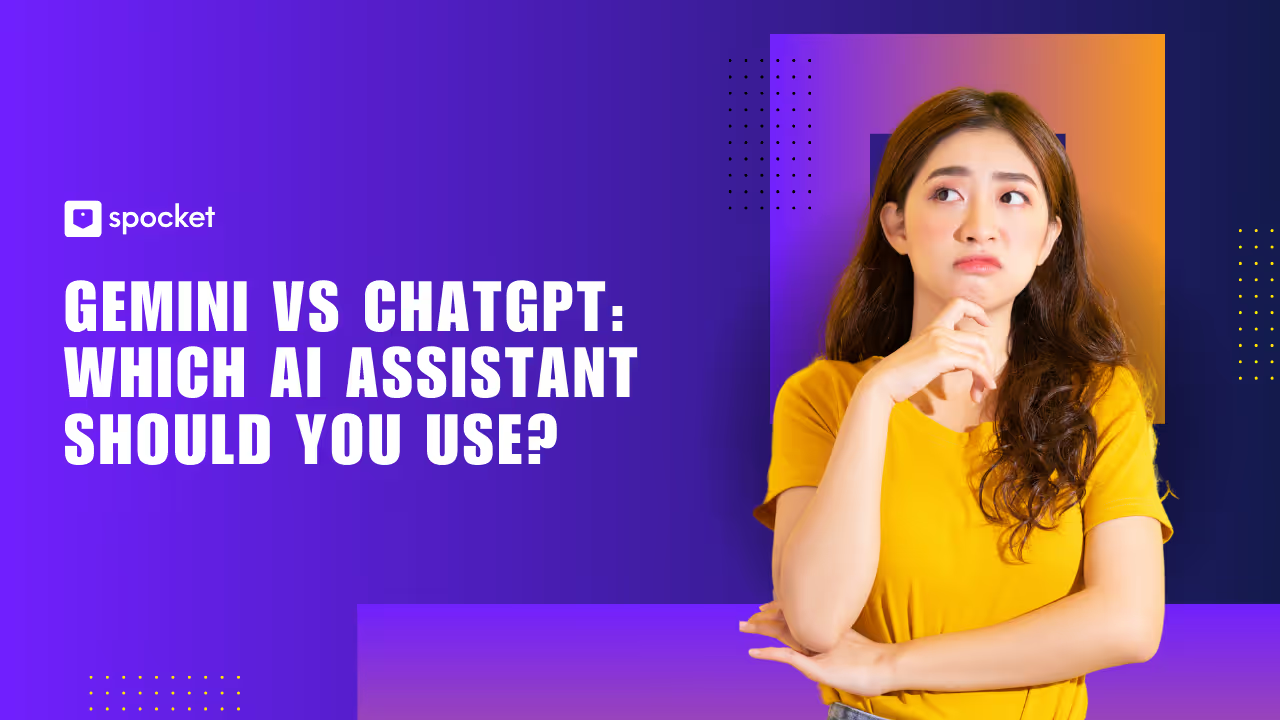
Gemini vs ChatGPT: Which AI Assistant Should You Use?
Compare Gemini vs ChatGPT for writing, coding, research, and ecommerce. See features, pricing, strengths, and quick pick rules to choose the best AI assistant for your workflow.
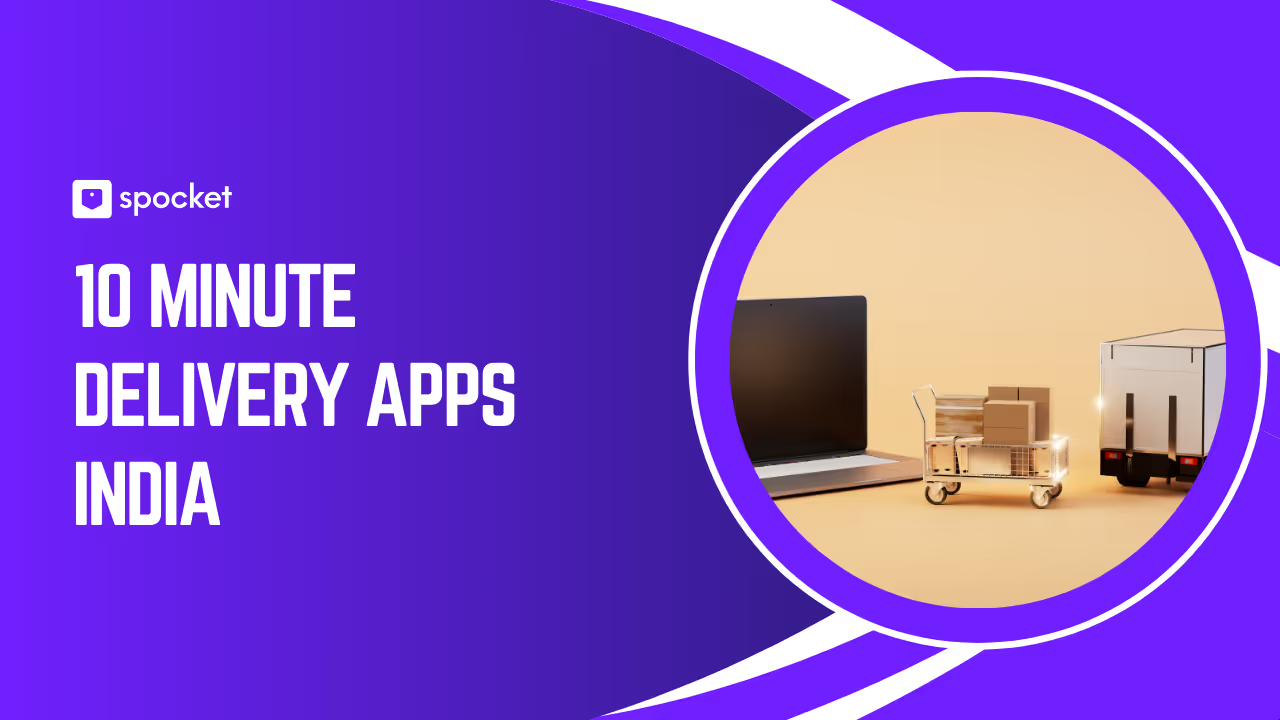
Best 10-Minute Delivery Apps India
Here is a list of the best 10-minute delivery apps India offers in 2026. From Swiggy, Zepto, Blinkit, and more! Check them out now!

































